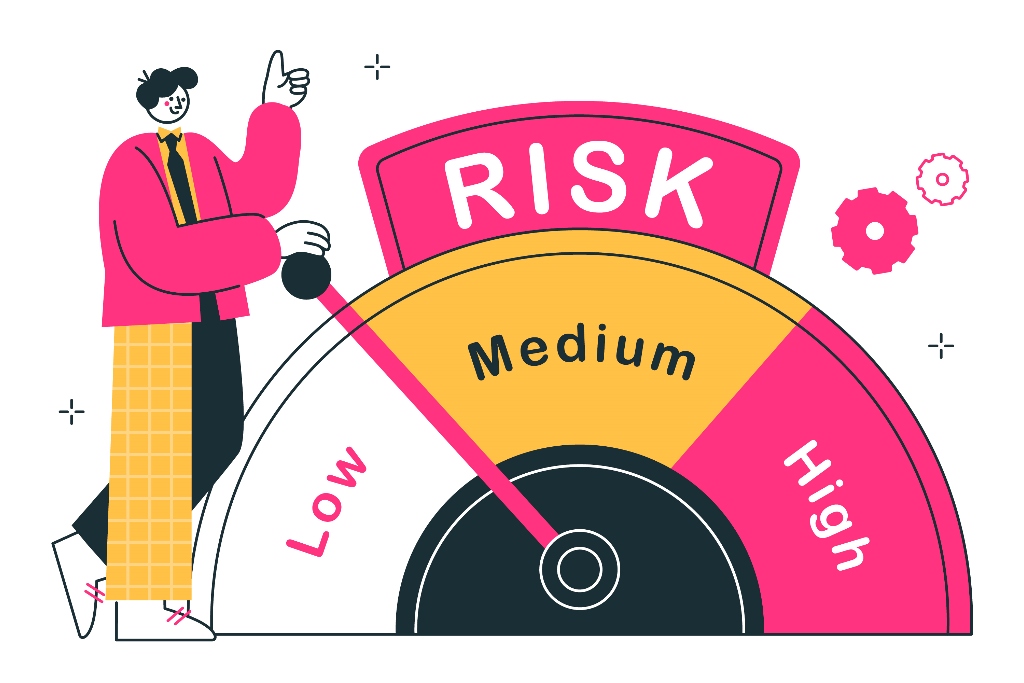XIMIVOGUE Guide to the Power of Product Certification
Author: Celia| Keywords chosen by Celia
In today's fast-paced market, securing certification goes beyond mere compliance; it serves as a robust validation of safety, elevating your product's credibility and appeal.
Through certification, businesses can strengthen their market position, foster trust with customers and partners, and drive long-term success in an ever-evolving global landscape.
This article will delve into the diverse advantages of product certification and unlock new market opportunities.
What is meant by product certification?
Product certification involves an accredited organization confirming in writing that a product meets specific regulatory quality standards.
Upon certification, a product is acknowledged for adhering to defined safety, quality, and performance standards, which may be required by industry regulations or valued by consumers.

What are the benefits of product certification?
1. Ensure compliance and safety
Numerous industries mandate that products comply with safety, environmental, and quality requirements before they can be legally marketed.
Meeting these regulations protects consumers while shielding businesses from legal risks. By securing the necessary certifications, companies can prevent expensive recalls, litigation, and reputational harm, all while promoting customer safety and satisfaction.
After obtaining certification, businesses must regularly review it to ensure ongoing compliance with regulations, as all certifications come with an expiration date.

2. Build consumer trust and loyalty
Product certification significantly boosts consumer confidence, encouraging purchases and fostering loyalty to brands that prioritize quality and safety.
Through certification, companies showcase their dedication to providing high-quality products that adhere to rigorous standards.
This certification serves as a trusted seal of approval, reassuring consumers that the product has been thoroughly tested and evaluated.

3. Boost market entry
Certifying your products ensures compliance with national and international standards, simplifying access to diverse markets.
For instance, products bearing the CE marking, which indicates conformity with European Union (EU) standards, can be freely marketed across the EU.
Likewise, certification paves the way for entry into other global markets, enabling businesses to broaden their international presence and connect with new customers.

4. Reduce liability and enhance safety
Certified products help minimize liability in cases of accidents or damage.
The certification process includes rigorous testing and evaluation to identify and address potential issues before products reach the market.
This proactive strategy safeguards companies from legal consequences, ensures consumer safety, and reduces the risk of recalls, lawsuits, or reputational harm.

5. Seize new business opportunities
A solid customer base is an excellent foundation, and product certification allows you to carry that trust forward as you grow into new markets.
For buyers discovering your brand for the first time, product certification serves as a compelling tool to inspire confidence.
It offers a reliable guarantee that your products adhere to rigorous standards, empowering new customers to select your brand with assurance that their purchase is valuable.


 XIMI-V Triumphs at the 138th Canton Fair Second Phase
XIMI-V Triumphs at the 138th Canton Fair Second Phase
 XIMIVOGUE Insights on How to Open A Toy Store
XIMIVOGUE Insights on How to Open A Toy Store
 XIMIVOGUE New Store in Peru
XIMIVOGUE New Store in Peru
 Join the Fight for the Sea with XIMIVOGUE Ocean Family Series Keychains
Join the Fight for the Sea with XIMIVOGUE Ocean Family Series Keychains
 XIMIVOGUE New Store in Nairobi Kenya
XIMIVOGUE New Store in Nairobi Kenya




